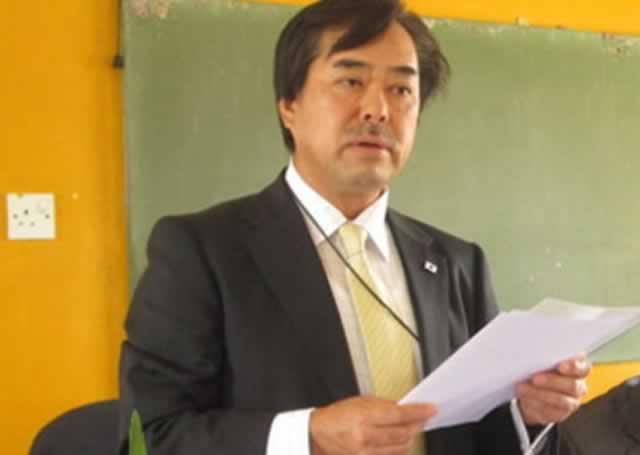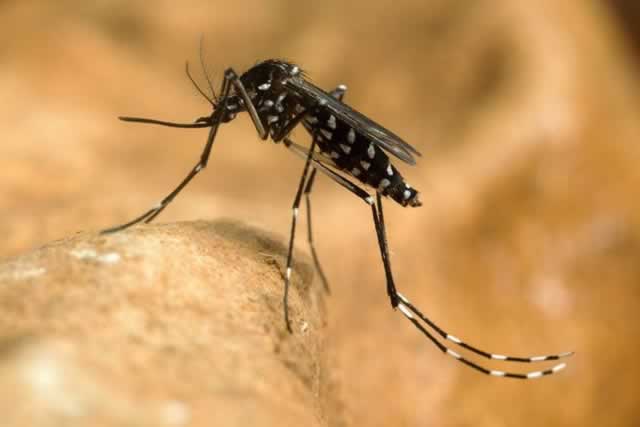3 700 pupils get access to safe water

Walter Nyamukondiwa Chinhoyi Bureau
AT least 10 schools in Makonde District and surrounding communities, perennially affected by diarrhoea and bilharzia outbreaks, are set to access potable water following a $90 000 grant from Japan.
Surveys have consistently shown that over 2 000 cases of bilharzia and diarrhoea are recorded at the schools annually.
The grant under the Project for Supplying Safe Water at Educational Institutions in Makonde District will see the drilling of boreholes at 10 primary and secondary schools.
The schools have a combined enrolment of around 3 700 children, who have to bring water for use at school in two-litre containers.
Speaking during a signing ceremony at Matoranjera Primary School in Chitomborwizi, Mashonaland West, Minister of State for Provincial Affairs Faber Chidarikire bemoaned the unavailability of safe water within walking distances.
“Access to potable water by both teachers and pupils is a serious challenge at these schools and this is compromising learning as well as exposing children and teachers to communicable diseases such as diarrhoea,” he said.
It is expected that after the implementation of the project, learning will improve as pupils will have more time to attend lessons rather than collecting water.
Minister Chidarikire lauded the Japanese donation, saying it would help improve hygiene in the schools.
Primary schools to benefit include Magurekure, Hundred Ends, Chijaka, Mapfungwe, Kanjanda, Kemupfuti, Tendera and Matoranjera, while secondary schools include Mayama and Fiona.
Japanese Ambassador to Zimbabwe Mr Yoshi Tendai Hiraishi said potable water at educational institutions was key in preventing water borne diseases.
“We recognise the great need of safe potable water at educational institutions given the ever present threat of water borne diseases such as diarrhoea and bilharzia,” said Mr Hiraishi. “It is an unacceptable fact that over 2 000 cases of infection with those (diarrhoea and bilharzia) diseases at 10 target schools are observed every year and such a high number of infections should be urgently addressed.”
He said children’s education should not be impaired by the added burden of fetching water or bringing it from home as some have to walk about six kilometres to school.
Mr Hiraishi said community participation was key in the successful implementation and preservation of the water access points.
Makonde Rural District Council chief executive officer Mrs Lahliwe Murefu said although boreholes would assist, the water table is receding due to poor rainfall patterns in the district.
“The area falls under agro-ecological Region Four and Five which has seen the water table falling, meaning drilling has to be deeper. This then calls for major projects such as dams to harness water,” Mrs Murefu said.
The project will be implemented by Farm Community Trust of Zimbabwe (FTCZ), who signed a contract agreement with the Japanese government at the event.
FTCZ executive director Mr Godfrey Magaramombe said the project was expected to be completed within nine months.
“The project will ensure that schools and communities are assured of safe water as all necessary water quality tests will be done before commissioning and on a regular basis by the Ministry of Health and Child Care,” he said.
To ensure continued and uninterrupted use, Mr Magaramombe said trained water point committees comprising members of the community and school management will maintain the boreholes. Some boreholes in the area collapsed years ago as casing was not completed when they were drilled almost 30 years ago.








Comments